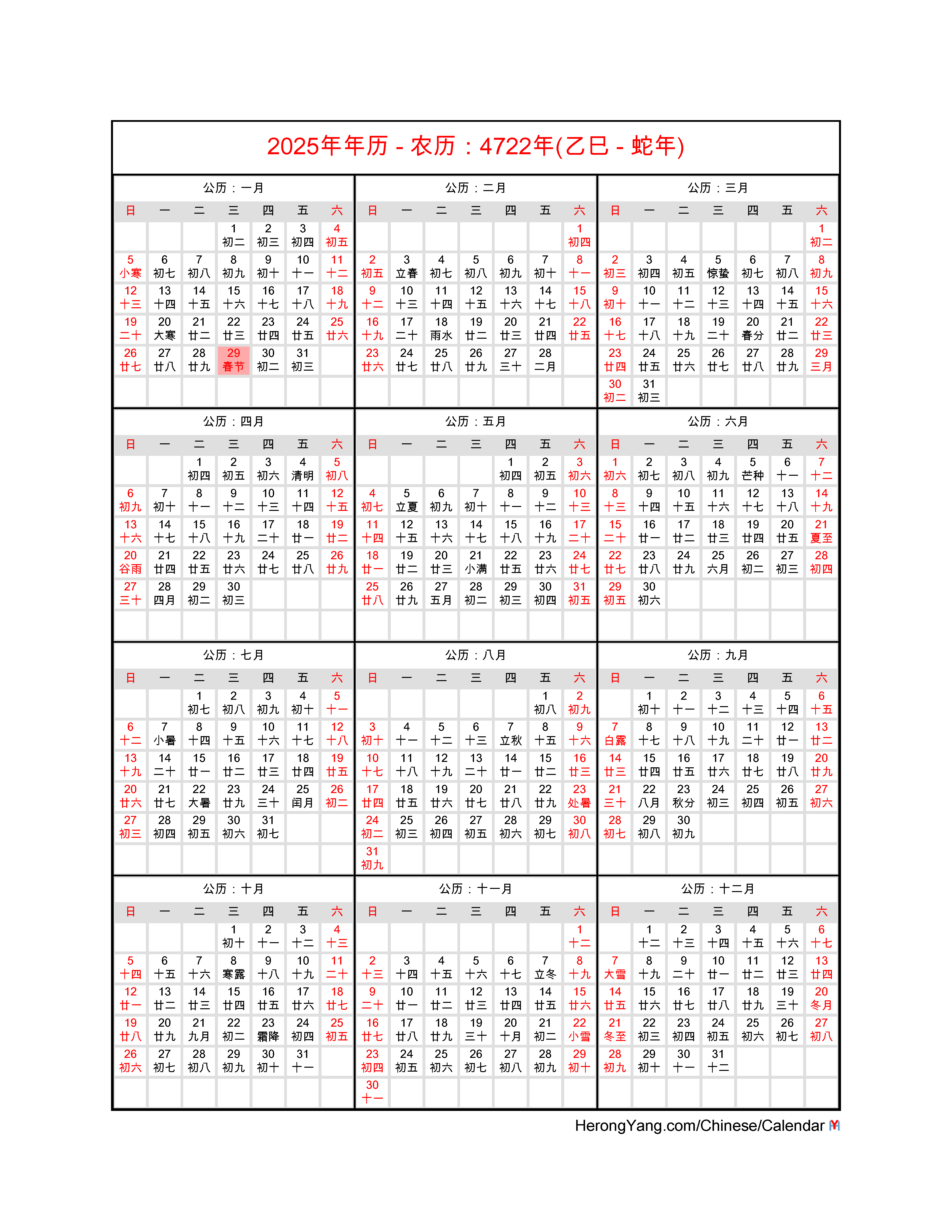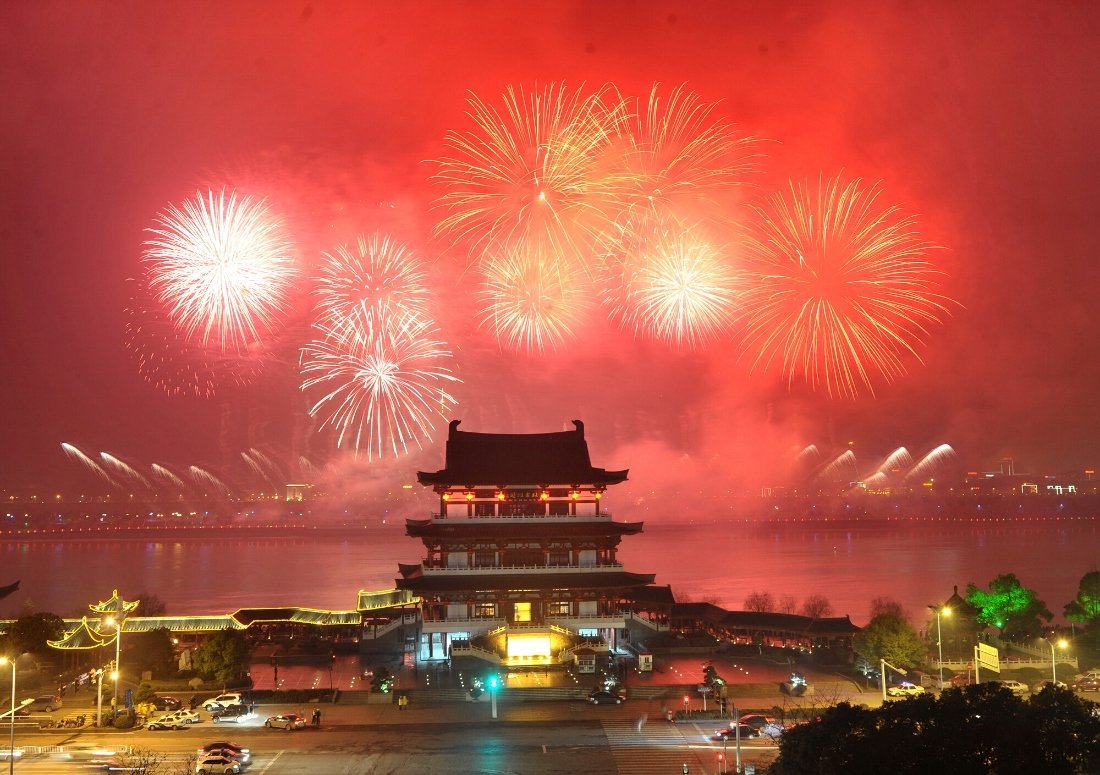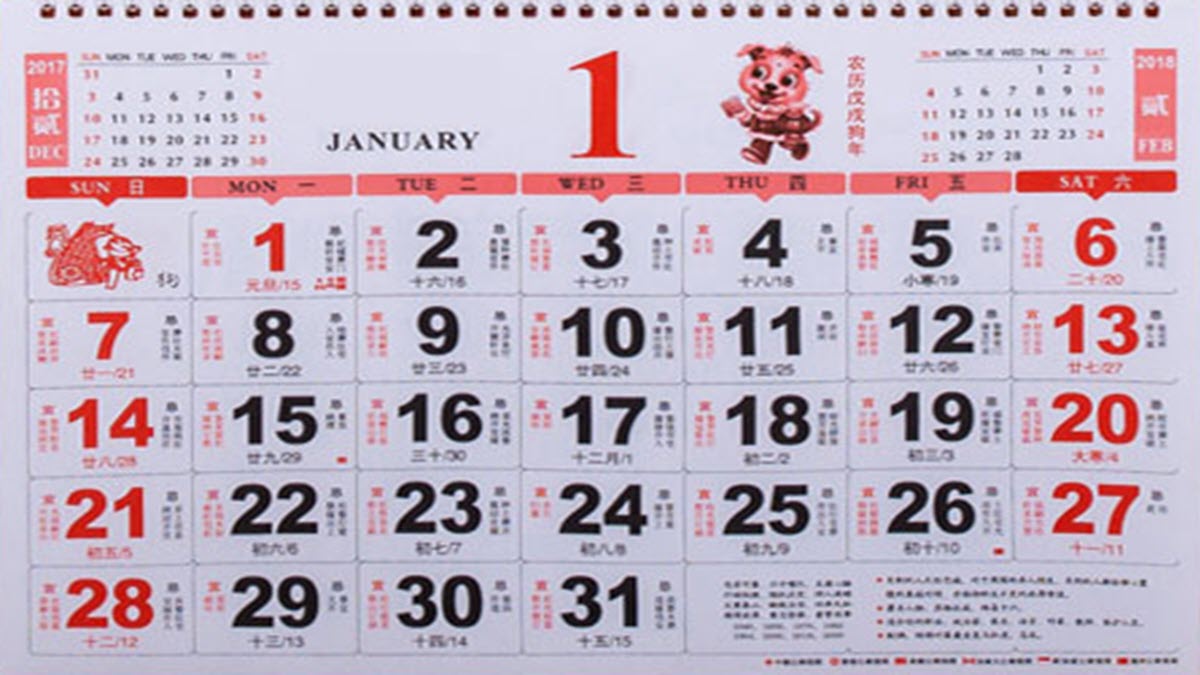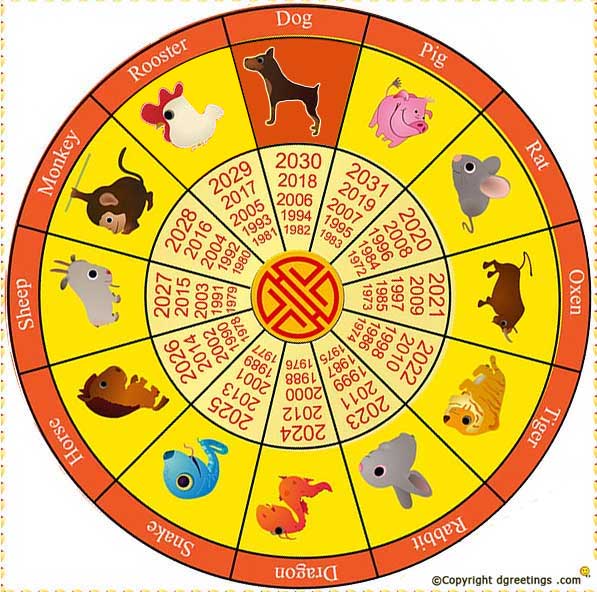Chinese New Year 2025: A Comprehensive Guide to Taiwan’s Lunar Calendar Celebrations
Related Articles: Chinese New Year 2025: A Comprehensive Guide to Taiwan’s Lunar Calendar Celebrations
- Dragon Ball Calendar 2025: A Journey Through Time And Space
- CMSD 2025-2026 Calendar: A Comprehensive Overview
- Creating A 2025 Calendar: A Comprehensive Guide
- TTD Calendar 2025: A Comprehensive Guide
- 2025 School Holiday Calendar NSW: A Comprehensive Guide
Introduction
With great pleasure, we will explore the intriguing topic related to Chinese New Year 2025: A Comprehensive Guide to Taiwan’s Lunar Calendar Celebrations. Let’s weave interesting information and offer fresh perspectives to the readers.
Table of Content
Video about Chinese New Year 2025: A Comprehensive Guide to Taiwan’s Lunar Calendar Celebrations
Chinese New Year 2025: A Comprehensive Guide to Taiwan’s Lunar Calendar Celebrations
:max_bytes(150000):strip_icc()/taiwan-pyrotechnics-562512985-5c57995546e0fb00012ba819.jpg)
Chinese New Year, also known as Lunar New Year or Spring Festival, is one of the most important holidays in Taiwan, marking the beginning of a new year according to the traditional Chinese lunisolar calendar. In 2025, Chinese New Year will fall on Friday, January 31st, and the celebrations will extend over several days. This comprehensive guide will provide an in-depth overview of the Taiwanese customs, traditions, and festivities associated with this auspicious occasion.
Origins and Significance
Chinese New Year has its roots in ancient Chinese mythology and agricultural practices. It is believed that the holiday originated as a way to honor the Earth God and pray for a bountiful harvest in the coming year. Over time, the holiday evolved to include a range of customs and traditions, many of which are still practiced today.
Lunar Calendar
The Chinese lunisolar calendar is a combination of the solar and lunar calendars, with each month beginning on the new moon. The new year begins on the second new moon after the winter solstice, which typically falls in January or February. In 2025, the Chinese New Year will begin on January 22nd.
Preparations
In the weeks leading up to Chinese New Year, Taiwanese people begin preparing their homes and communities for the festivities. Houses are thoroughly cleaned to sweep away bad luck, and decorations in red and gold, symbolizing prosperity and happiness, are hung everywhere.
Family Reunions
Chinese New Year is a time for family reunions, and many people travel long distances to spend the holiday with their loved ones. On New Year’s Eve, families gather for a reunion dinner, which is typically a lavish feast featuring traditional dishes such as dumplings, spring rolls, and fish.
Lion and Dragon Dances
Lion and dragon dances are a common sight during Chinese New Year celebrations. These energetic and colorful performances are believed to bring good luck and ward off evil spirits. Lion dances are performed by two or more dancers inside a lion costume, while dragon dances involve a long, colorful dragon puppet manipulated by a team of performers.
Fireworks and Lanterns
Fireworks and lanterns are an integral part of Chinese New Year celebrations. Fireworks are set off to scare away evil spirits, while lanterns are lit to symbolize hope and prosperity. On New Year’s Eve, the Taipei 101 skyscraper hosts a spectacular fireworks display that attracts millions of spectators.
Red Envelopes
Red envelopes, known as "hongbao" in Mandarin, are given to children, unmarried adults, and elderly family members as a token of good luck and prosperity. The envelopes contain money, which is believed to bring financial blessings in the coming year.
Taboos
Chinese New Year is also associated with a number of taboos. For example, it is considered bad luck to sweep the floor on New Year’s Day, as it is believed to sweep away good fortune. It is also taboo to argue or use foul language during the holiday, as it is believed to bring bad luck.
Public Holidays
In Taiwan, Chinese New Year is a public holiday, and most businesses and offices are closed for several days. The official holiday period typically extends from New Year’s Eve to the third day of the new year, although some businesses may choose to remain open for shorter periods.
Cultural Significance
Chinese New Year is not only a time for celebration but also a time for reflection and renewal. It is an opportunity for families to come together, honor their ancestors, and wish for good fortune in the coming year. The holiday is deeply rooted in Taiwanese culture and continues to be celebrated with great enthusiasm and tradition.
Additional Information
- In the Chinese zodiac, 2025 is the Year of the Snake.
- The Chinese character for "snake" is "she," which is associated with wisdom, cunning, and intuition.
- People born in the Year of the Snake are said to be intelligent, ambitious, and resourceful.
- The colors associated with the Year of the Snake are red, gold, and green.
- The lucky numbers for the Year of the Snake are 2, 8, and 9.
Conclusion
Chinese New Year 2025 in Taiwan promises to be a vibrant and unforgettable celebration, filled with rich traditions, family reunions, and cultural festivities. From the vibrant lion and dragon dances to the spectacular fireworks display, this auspicious occasion is a time for joy, prosperity, and renewal. Whether you are a local or a visitor, immerse yourself in the unique atmosphere of Chinese New Year in Taiwan and experience the warmth and hospitality of its people.


:max_bytes(150000):strip_icc()/chinese-new-year-mass-lantern-release-509566520-5c57991846e0fb00013fb76f.jpg)

![]()



Closure
Thus, we hope this article has provided valuable insights into Chinese New Year 2025: A Comprehensive Guide to Taiwan’s Lunar Calendar Celebrations. We thank you for taking the time to read this article. See you in our next article!